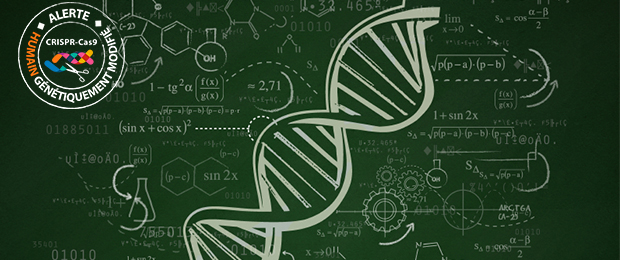On 21 June, the Advisory Committee of the American National Institute for Health (NIH) approved the first gene therapy clinical trial in humans using CRISPR-cas9 to conduct research into anti-cancer treatment.
Anti-cancer cell therapies are promising but most people receiving this form of treatment suffer a relapse, explained principal investigator, Edward Stadtmauer, a doctor at the University of Pennsylvania in Philadelphia. Genome editing could improve these treatments and accelerate research.
This initial clinical trial is primarily intended to test the use of CRISPR and ensure that it is safe for humans. It will be financed to the tune of 250 million dollars by a private immunotherapy foundation created in April by former Facebook president, Sean Parker. The University of Pennsylvania will carry out the scientific investigations (genetic cell mutation) and will enrol patients for treatment, with the assistance of centres located in California and Texas.
Scientists will collect immune system cells from 18 patients suffering from melanoma, sarcoma or myeloma, and will replace three DNA sequences in these cells using CRISPR. Each sequence will have a highly specific role. According to Carl June, immunology specialist at the University of Pennsylvania and project consultant, the study could start before the end of the year. He nevertheless remains cautious about the unknown or as yet uncontrolled side effects of CRISPR.
During the meeting of the DNA Research Advisory Committee (RAC), one of the committee’s main concerns was the possible emergence of a conflict of interests. Moreover, several RAC members have suggested to the University of Pennsylvania that patient recruitment should be delegated to other institutions. They are also exercising caution vis-à-vis this study because one investigation has allegedly highlighted problems with animal testing and those responsible for this line of enquiry supposedly have financial interests.
Nature, Sara Reardon (22/06/2016)

